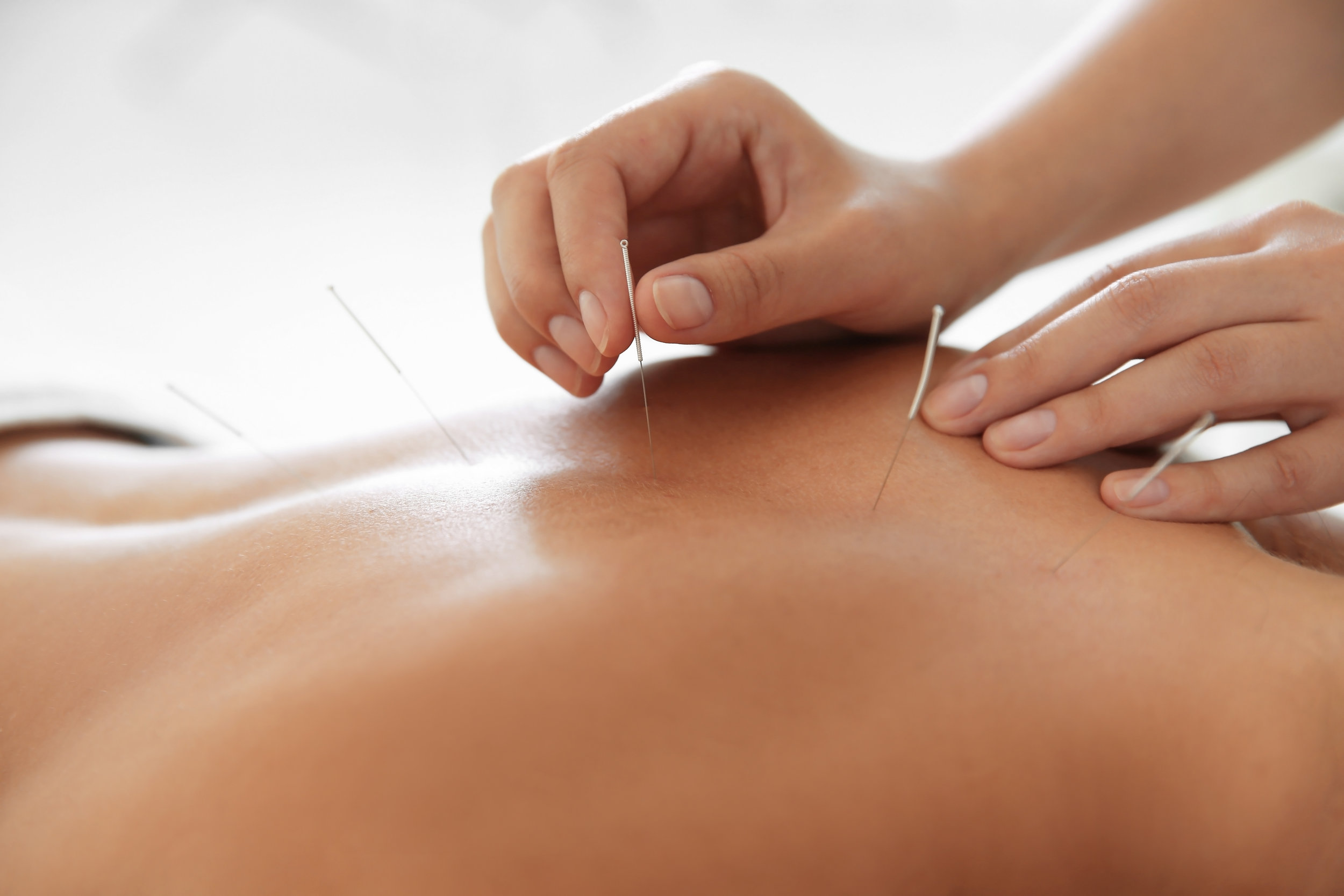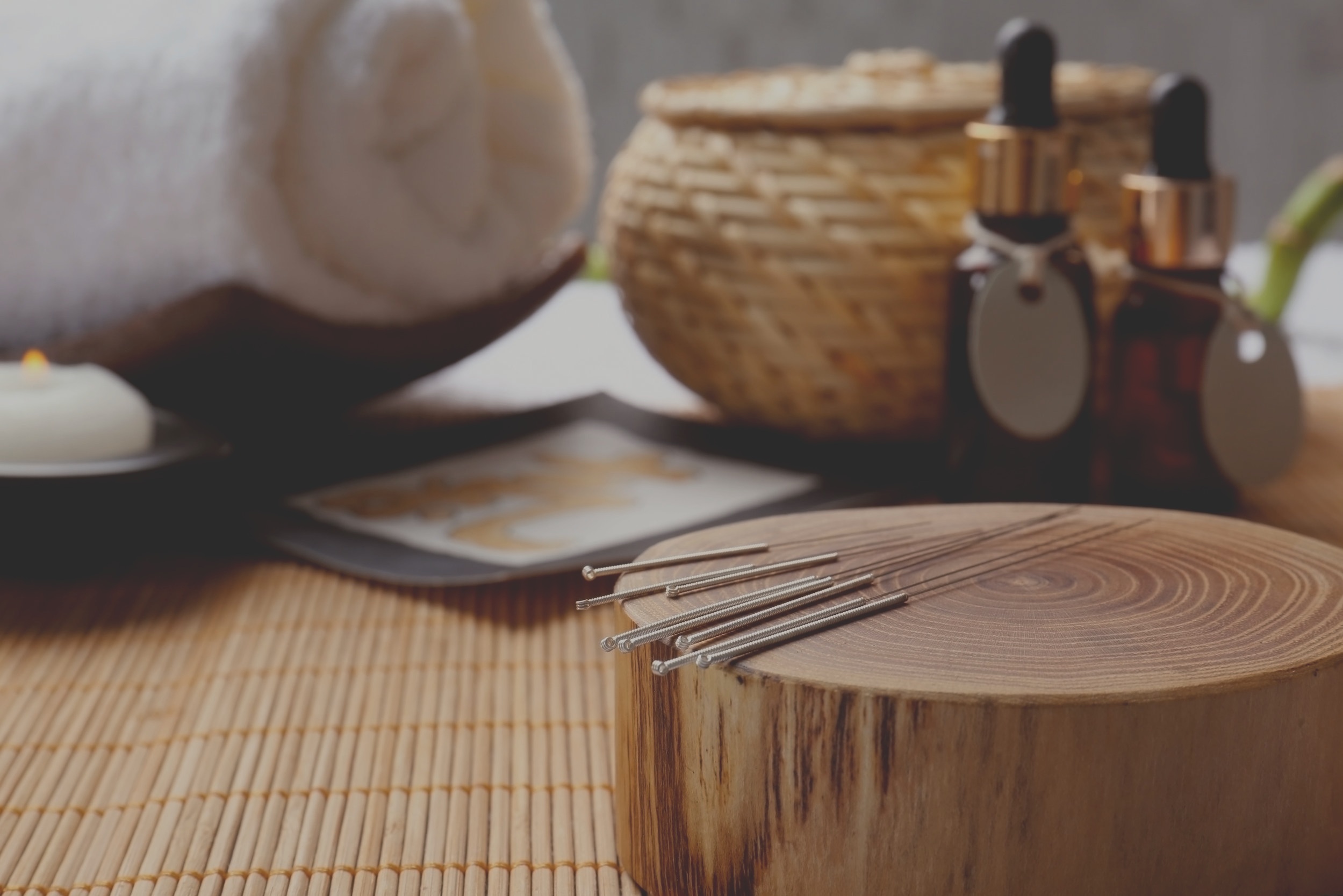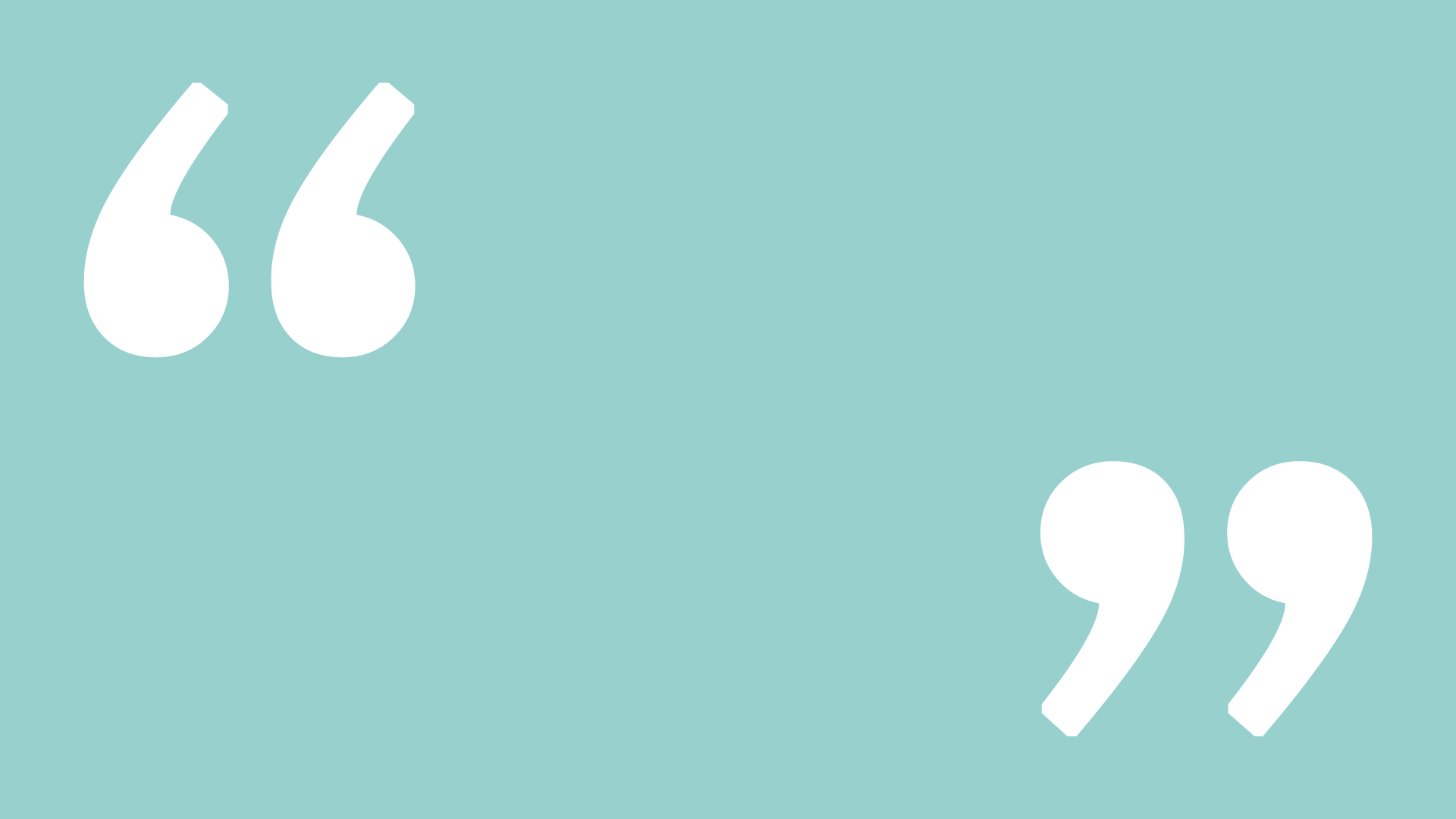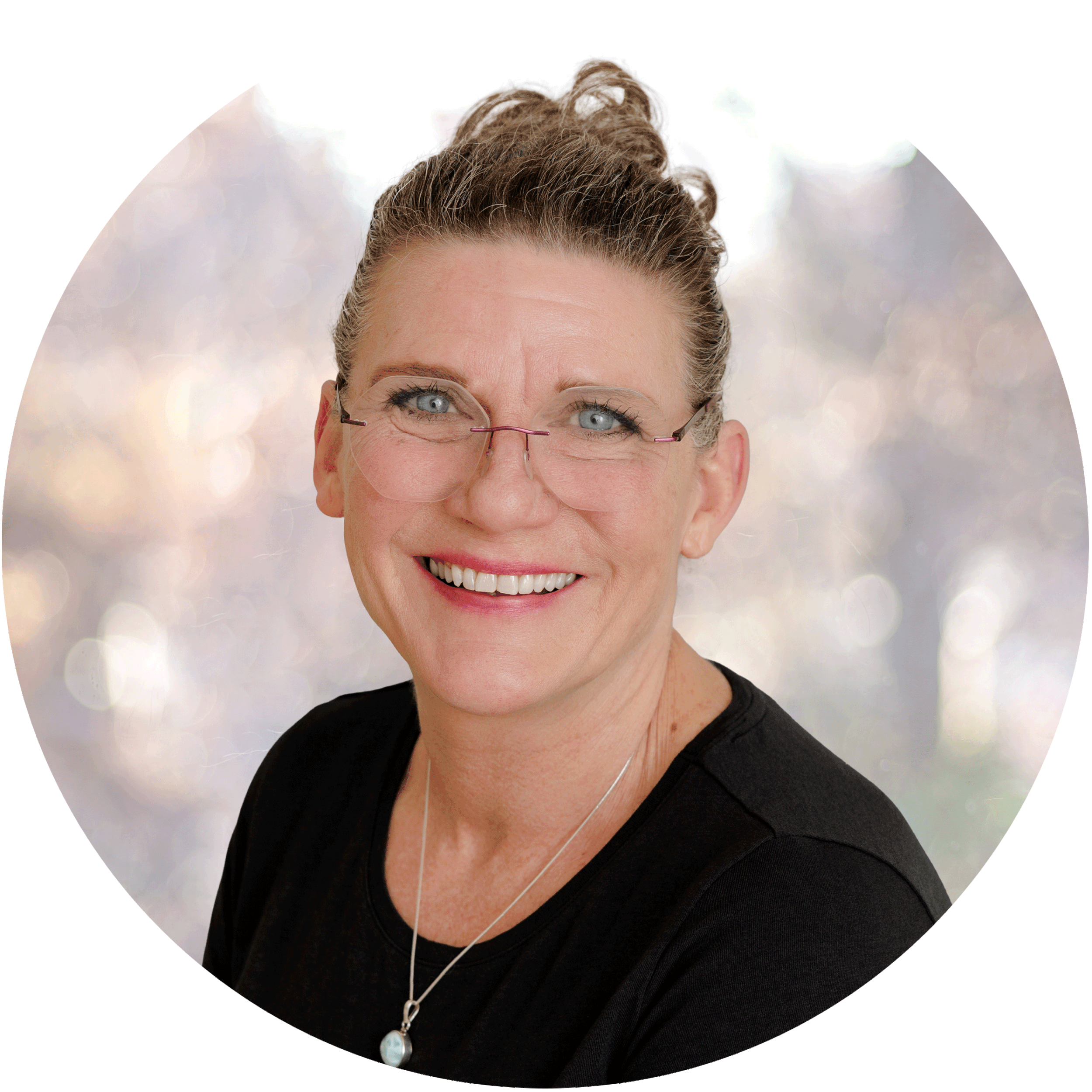
What’s New
Check-in on your device before your appointment or when you arrive.
Streamline your appointment arrival with mobile registration and receive a secure text message or email confirmation. Make sure we have your current phone number or email on file or call 402-483-4571 to update your information.
Fast, Easy, Secure
Check-in with Your Preferred Language
East Meets West
A Collaborative Approach
Lincoln Medical Acupuncture offers an integrative approach to care by combining evidence-based Western medicine with acupuncture to improve your overall health. Acupuncture works in different ways that are dependent upon what is being treated.
Your treatments are personalized based on your condition. You may benefit from Traditional Chinese Acupuncture, Western Acupuncture, or a combination of both. Our goal is for you to have more energy, less pain, remain optimistic, and enjoy an improved quality of life.

Our Team
Our providers are medically-trained and have years of experience working in the areas of family medicine, urgent care, cardiovascular, orthopedics, and acupuncture.
Because of their medical training, they are able to look at all aspects of your health, including reading x-ray, CAT scan, and MRI tests, and reviewing medications you are taking. Based on your illness, injury, or pain location, we are able to develop the best overall plan of care tailored specifically to you.
Vicki Black, L.Ac., L.M.T.
Licensed Acupuncturist and Licensed Massage Therapist
Vicki Black, L.Ac., L.M.T., is a Licensed Acupuncturist and Licensed Massage Therapist with more than 20 years of experience treating a wide variety of conditions. She received her Master of Science in Oriental Medicine from Southwest Acupuncture College in Boulder, Colorado.
In her practice, Vicki provides acupuncture treatments, including Cupping, Guasha, massage, nutrition, and herbal advice. She specializes in pain management, auto-immune disorders, sports, pre- and post-operative care, as well as mental health challenges such as anxiety, depression, insomnia, and PTSD.
Sabrina Cerny, MD, FAAFP, ABFM
Medical Director
Sabrina Cerny, MD, is a Family Medicine physician and Medical Acupuncturist. She attended Virginia Commonwealth University Medical School. Dr. Cerny completed her Family Medicine residency at CHRISTUS Santa Rosa Family Medicine Residency Program in San Antonio, TX, then went on to complete a Faculty Development Fellowship at the University of North Carolina in Chapel Hill. Dr. Cerny completed training in Medical Acupuncture at Helms Medical Institute, UCLA/Berkley. Dr. Cerny serves as the Medical Director at Lincoln Medical Acupuncture where she is a full-time physician and acupuncturist, and is the Program Director at the Lincoln Family Medicine Residency Program.
Support Team
Hillary, MA
Acupuncture Assistant
Marlene
Medical Receptionist
Treatments
There are different types of acupuncture that we are able to provide. The number of treatments needed depends upon the condition being treated and its severity.
Traditional Eastern Acupuncture
Traditional Eastern Acupuncture stimulates specific acupuncture points to balance the movement of energy in the body to restore health. It is best used for acute and chronic medical problems involving the nervous, endocrine, immune, cardiovascular, and digestive systems. Very fine wire filaments (referred to as needles) are inserted into the skin. Patients feel little to no discomfort.
Western Acupuncture
Western Acupuncture may be considered to diffuse localized pain. It works by stimulating nerves, muscles, and connective tissue. The stimulation boosts your body’s natural pain killers and increases blood flow to the affected area. This approach is often used for conditions that involve the musculoskeletal systems, such as acute or chronic neck, back, or joint pain.

Frequently Asked Questions
What is Acupuncture?
Acupuncture is an effective alternative or complement to conventional treatments that involves using the practice of inserting very fine wire filaments (referred to as needles) into the skin to stimulate specific acupuncture points in the body for therapeutic purposes. The points are stimulated to balance the movement of energy (qi) in the body to restore health.How does Acupuncture work?
Acupuncture works in different ways dependent upon what area of the body is being treated. The Medical Acupuncturists at Lincoln Medical Acupuncture create a personalized based on your condition. You may benefit from Traditional Chinese acupuncture, Western acupuncture, or a combination of both.
Traditional Chinese Acupuncture is based on keeping the body healthy and in balance. Energy, called "qi" (pronounced "chee") flows along specific pathways, called meridians, throughout the body. This constant flow of energy keeps the body balanced. However, if the flow of energy gets blocked, the disruption can lead to pain, lack of function, or illness. Acupuncture works to release blocked qi in the body and stimulate function, evoking the body’s natural healing response through various physiological systems. This type of acupuncture is best for acute and chronic medical problems involving the nervous, endocrine, immune, cardiovascular, and digestive systems.
Western acupuncture may be considered with diffuse and/or localized pain by stimulating nerves, muscles and connective tissue. This allows stimulation to boost your body’s natural pain killers and increase blood flow. This approach is often used for conditions that involve the musculoskeletal systems such as acute or chronic neck, back, or joint pain.
What does Acupuncture feel like?
Fine wire filaments (referred to as needles) are inserted into the skin and usually cause little or no discomfort. With our technique, patients often do not feel them inserted at all. There are certain conditions that benefit by generating the sensation of a “dull ache.” The size and length of the needle will vary depending on the area of the body and the condition being treated. The number of needles used is based on many variables and will often differ from one treatment to the next. Acupuncture needles are usually left inserted for 25-30 minutes.How many Acupuncture treatments will I need?
At Lincoln Medical Acupuncture, the number of treatments depends on the condition being treated. Generally, patients feel better after their first treatment; however, we recommend having at least 5-6 treatments for lasting outcomes. Acupuncture has a cumulative effect, meaning that with each subsequent treatment, you may notice effects lasting for a longer period of time. Patients with chronic pain and illness often benefit from occasional maintenance treatments once symptoms have become more manageable.What other treatment modalities are available?
Sabrina Cerny, MD, and Vicki Black, L.Ac., LMT, often use other forms of alternative medicine in conjunction with acupuncture treatments, such as Chinese cupping, Gua sha, E-Stim, and scar injections.What is Cupping?
Cupping involves the use of small bell-shaped cups with a one-way valve to provide a constant suction. It is helpful with encouraging blood flow and relieving pain and inflammation.What is Gua sha?
Gua sha involves scraping with a massage tool to loosen muscles, work out painful knots, and improve circulation.What is Electro-stimulation?
Electro-stimulation machines deliver an electrical current to certain predetermined needles and may be used for multiple medical problems. It can help improve circulation, lower inflammation, decrease pain, provide positive effects on muscles, nerves, and myofascial tissue depending on placement and frequencies.What is scar infiltration?
Needling near the areas most affected by deep, painful scar tissue can help debulk the tissue and change the nerve response to the scar.Does insurance cover acupuncture?
The initial consult at Lincoln Medical Acupuncture may be covered since it is billed as a regular medical office visit. We encourage you to contact your insurance provider to see if acupuncture is covered under your policy. Any follow-up appointment coverage is specific to your plan and may include varying reimbursement rates with a maximum number of visits per year. There may be certain terms in which it is covered (i.e. only with a doctor referral or letter) and we are glad to help with this type of documentation. If you do not have insurance or it is not covered, we offer a discount for self-pay patients.When should I consider acupuncture as a treatment?
- I would like to include a more integrative approach to my personal health.
- I would like to have acupuncture complement my other medical care.
- I have not made progress with current treatment modalities or have “plateaued.”
- I am not responding well to medications or am experiencing too many side effects with medications.
- I have become frustrated because nothing else is working.
After my open heart surgery, I really struggled with pain in my chest for 18 months. Through consultation I was told it was nerve regeneration and would just take time. On the suggestion of my doctor, I elected to give acupuncture a try. I have to say, I was a bit hesitant as I really knew nothing about it, but I was ready to try anything to alleviate the chronic pain. With acupuncture, I found significant relief, and after several treatments I no longer experience the daily discomfort.
I am very grateful to the team at Lincoln Medical Acupuncture, and believe you owe it to yourself to consider acupuncture when you are living with chronic pain.
- Linda N., patient

Diseases and Conditions Treated with Medical Acupuncture
A
Abdominal pain
Allergic rhinitis (including hay fever)
Anxiety (stress)
B
Back pain (upper, mid, lower)
Bladder problems
Bronchial asthma
C
Cancer pain
Chemotherapy nausea
Chronic Fatigue
Cocaine dependence
Contusions
Crohn's Disease
D
Depression
Dermatoses (urticaria, pruritus, eczema, psoriasis)
Diverticular disease
Dysmenorrhea
E
F
Facial spasm
Female infertility
Fibromyalgia and Fasciitis
G
Gastritis, acute and chronic
General health issues
Gouty arthritis
H
Headache or Migraine
Heroine dependence
Herpes zoster
Hyperemesis
I
J
Joint pain (hands, feet, shoulders, hips, knees, wrists, ankles)
K
L
M
Ménières
Multiple Sclerosis
Muscle spasms
N
Neck pain
Neuralgia, post-herpetic
Neuropathy
O
Obesity
Opium dependence
Osteoarthritis
P
Pain in dentistry
Phantom pain
Plantar fasciitis
Polycystic ovary syndrome
Postoperative convalescence
Post traumatic stress disorder
Premenstrual syndrome
Psoriatic arthritis
S
Sciatica
Sequelae of Stroke Syndrome (aphasia, hemiplegia)
Shingles
Sinus congestion
Sjögrens syndrome
Spine pain, acute and chronic
Sprains and contusions
T
Temporomandibular joint dysfunction
Tennis elbow
Tobacco dependence
Tourette syndrome
Trigeminal neuralgia
U
Ulcerative colitis, chronic
V
Vertigo
W
Y
Z
Information for Medical Professionals
Services We Offer
Many patients find acupuncture is an effective treatment for numerous disorders. There are different types of acupuncture that we are able to provide, and the number of treatments needed depends on the condition being treated and its severity. Generally, patients feel better after their first treatment; however, we recommend having at least five to six treatments for lasting outcomes. Acupuncture has a cumulative effect; with each subsequent treatment, the patient may notice effects lasting for a longer period of time. Patients with chronic illnesses often benefit from occasional maintenance treatments once symptoms have become more manageable.
Traditional Eastern Acupuncture involves inserting very fine wire filaments (or needles) into the skin. Patients feel little to no discomfort. This procedure stimulates specific acupuncture points in the body to balance the movement of energy to restore health. This type of acupuncture is best for acute and chronic medical problems involving the nervous system, endocrine and immune systems, cardiovascular system, and digestive system.
Western Acupuncture may be considered with diffuse and/or localized pain by stimulating nerves, muscles and connective tissue. This allows stimulation to boost the body’s natural pain killers and increase blood flow. This approach is often used for conditions that involve the musculoskeletal systems, such as acute or chronic neck, back, or joint pain.
There is a wide variety of conditions treated using medical acupuncture with or without the use of electrical stimulation, such as:
Acute, chronic, local, or widespread pain caused by disorders of bones, joints, muscles, tendons, ligaments, bursae, scarring, or a combination.
Diffuse/migrating short and long-term pain.
If your patient has experienced any of the following situations, they may benefit from acupuncture.
Patient has not made progress with current treatment modalities or has plateaued.
Patient is not responding well to medications or experiencing too many side effects with medications.
Patient has a desire to take a more integrative approach to their personal health.
Patient has become frustrated and feels nothing else has worked.
Patient would like to use acupuncture to complement current treatment modalities.
Call (402) 327-6973 to refer a patient today.

Vicki is amazing! She does such a great job! She really listens and takes a thorough assessment of what's going on physically and emotionally. I also love that she does a little bit of massage since she is also a massage therapist. I also enjoy the cupping. She's very compassionate, empathetic, and caring. You can tell she genuinely cares. I'm really grateful to have found Vicki.
– Jenni, patient









